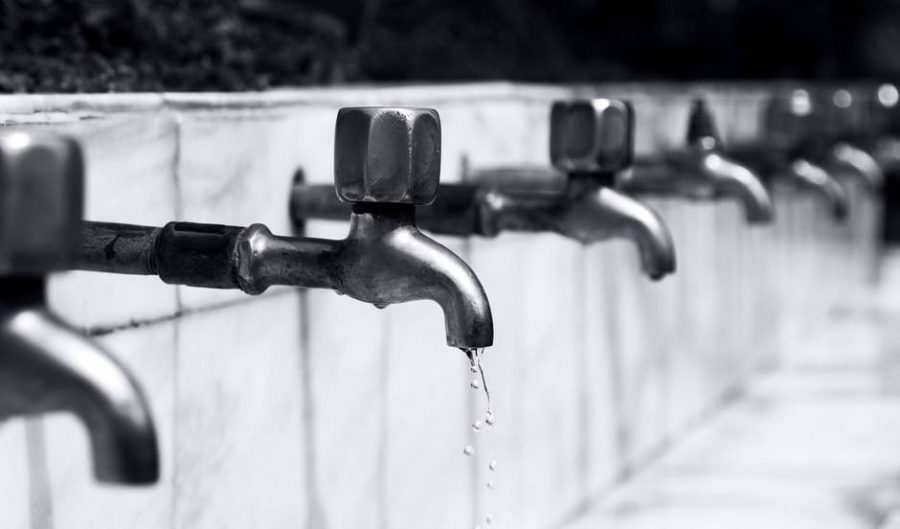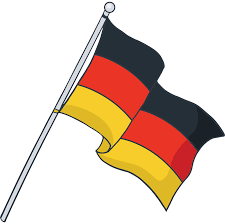Cape Town, South Africa. Even with so much happening in the news right now, it still comes as a shock that so many people seem to be unaware of what is happening there right now. For those who haven’t heard, the city of Cape Town is currently undergoing a lack of water that of which the city has never seen. The 3.7 million people that currently live in Cape Town are now each living off of 13.2 gallons of water per day. Based on a survey done by the United States Geological Survey (USGS) in 2016, the average American uses almost 10 times the limit for people living in Cape Town, showing just how little water Cape Town’s citizens each have access to at the current point in time.
But the low levels of water isn’t the only thing on Cape Town’s citizen’s minds. There’s also another looming problem, Day Zero, the day on which all of the clean water in Cape Town’s dams will reach lower than 13.5%, and be turned off for most households. The current date for such event is set for June 4th, with many people in Cape Town worried about the rationing of clean water. Sputnik Ratau, a spokesman for Cape Town also recently stated that, “The fact that [the] water supply to agriculture has stopped does lessen the pressure on the rest of the network, but that does not automatically mean that all the water originally meant for agriculture will go to other consumers.” Ratau also states that in order to push back the date for Day Zero, Cape Town citizens need to “…keep overall consumption down for at least another two-and-a-half months or until the winter rains start.” Ratau and many others believe that once the ‘rainy season’ starts for Cape Town that water in the dams will rise up, and allow for more water consumption. Although, with how dry Cape Town’s climate has been this year, it’s still not certain that just rainfall this will fix Cape Town’s problem.
While rationing the water supply helps the current drought situation in Cape Town, the problem of Day Zero is still approaching day by day, and it’s up to the government and people of Cape Town to help figure out a solution. In the words of Cape Town’s government’s own twitter account, “As dam levels remain at critically low levels, it’s important for every citizen to play their part…We can only avoid #DayZero [by working] together.”









